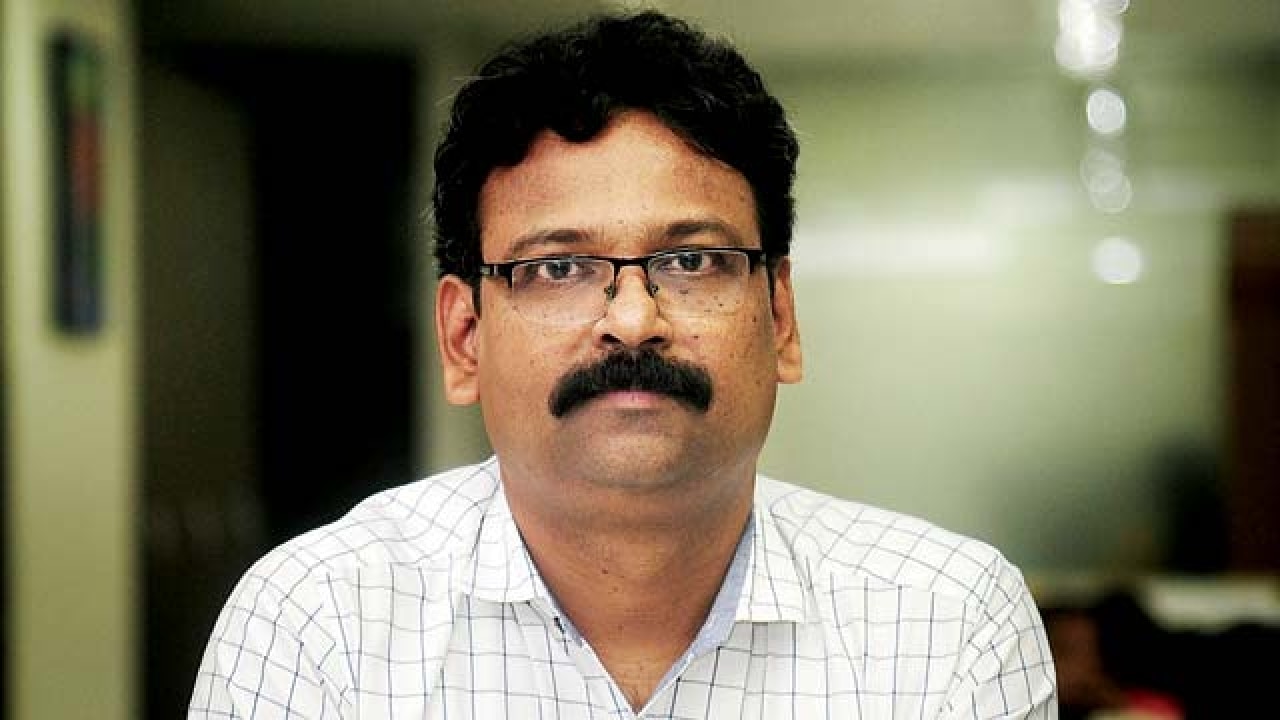
As India stands obediently in queues for their daily dose of cash at ATMs and banks, it is raining new currency notes in income-tax raids. Shockingly huge stacks of notes swooped down by sleuths (amounting to 0.01% of total printed notes, though) point to a few facts. One, it is all illegal wealth, undeclared money. Two, bankers are hand-in-glove with these currency sharks, ruthlessly stashing away banknotes as the nation runs helter-skelter.
These thugs were exposed not by any ‘Nano GSM chip’ in notes, but by the existing restrictions on daily/weekly cash withdrawals.
While the hunt for illicit cash piles continues, any meaningful discussion on the effectiveness of the government move is drowned in the political cacophony – encircling the transient pain inflicted by the shutdown of ATMs and branches running out of cash. The unrest is now blowing out into a political Armageddon. But I assume the opposition would vanish into thin air if the government sorts out currency supply-related issues quickly.
To make the India’s unique model of demonetization-cum-gradual remonetization a runaway success, the government needs to do a couple of things parallel, if not earlier. We have to set a limit on transactions in cash and on personal cash holding, by law, as proposed by the special investigation team on black money.
The world around us is already moving towards a universe having less of cash in supply. Most European countries are already sweeping currency notes out of the Continent. In France, the government has set a limit at euro 1,000, down from the earlier euro 3,000, for residents. For non-residents (mostly tourists), it has been brought down from euro 15,000 to euro 10,000. Portugal, Spain and Italy have all legalized the upper limit in cash transactions.
It may sound silly to suggest the European model in India, given the insignificant growth by the online banking. But look at these statistics. Only 0.1% of Indians earn more than Rs 10,000 a month. If your monthly spend is around Rs 3,000 in rural areas and Rs 6,300 in urban areas, you belong to the top 5% of the population, says the National Sample Survey Organisation, quoting the latest data available for 2011-12. The I-T department says that out of 3.5 crore individual taxpayers in 2014-15, only 40 lakh people earn above Rs 50,000 a month.
Then comes the big question: why can’t we have a limit for cash deals and cash holding? How many Indians will suffer if there is a Rs 24,000 weekly cash limit (of course, banks should be able to disburse money)? The government needs to focus on the 40 lakh people who earn Rs 50,000-plus monthly, and ensure that they move onto online payments. Once that is done, India would not need more than Rs 5 lakh crore in circulation.
Let’s bring in a total ban on all cash deals above Rs 50,000 (as mentioned in this column earlier) and frame an Act to declare such transactions as illegal and punishable under law. Let’s also have an upper limit of Rs 5 lakh on personal cash holding, with the I-T commissioners being authorised to provide necessary permission to any person or industry requiring to hold more cash.
Such rules would be more effective in curbing black money than restricting cash withdrawals
The writer is editor, DNA Money.
He tweets @AntoJoseph